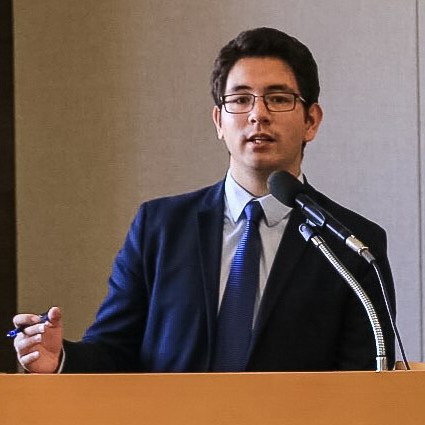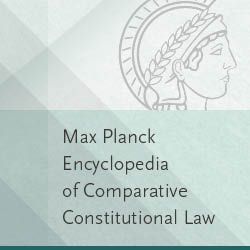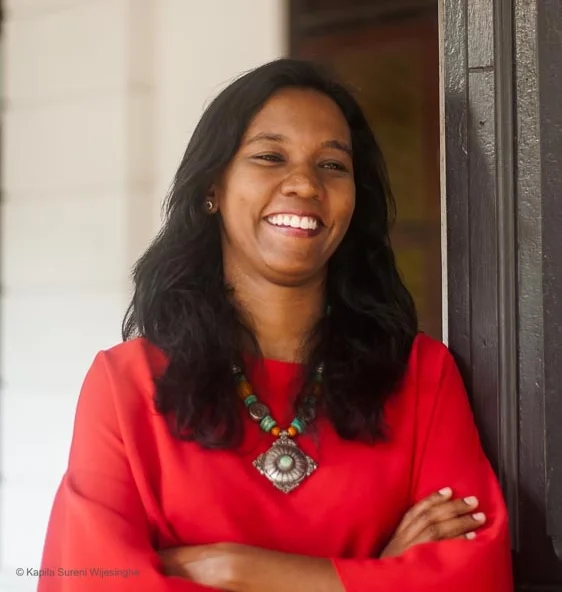Symposium: Breathing Life into the 1987 Constitution: The Role of Public Interest Lawyers
/Patricia Goedde
As the World Congress of the IACL soon comes to a close in Seoul, this is an opportune time to reflect briefly upon how Korean human rights and public interest lawyers have evolved within their legal profession and how they have been able to advance democracy and rights protections in the Republic of Korea.
Read More













![Xx1088_-_Seoul_city_nightscape_during_1988_Paralympics_-_3b_-_Scan [test].jpg](https://images.squarespace-cdn.com/content/v1/5af3f84a4eddec846552ea29/1527486925632-3VZP3ASLAHP1LJI0D9NJ/Xx1088_-_Seoul_city_nightscape_during_1988_Paralympics_-_3b_-_Scan+%5Btest%5D.jpg)
